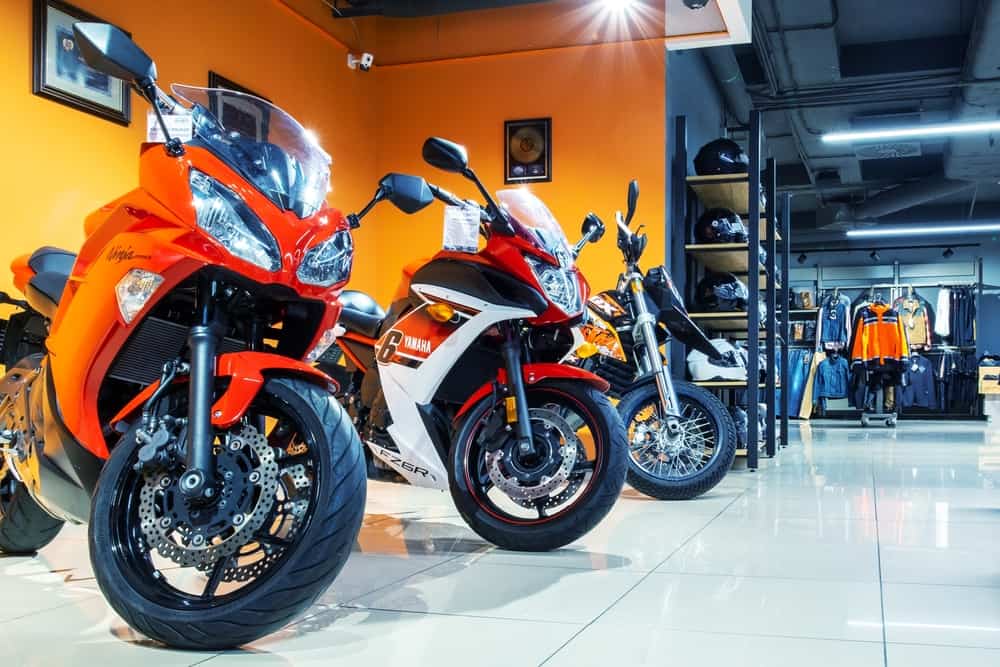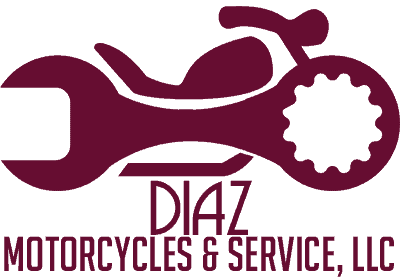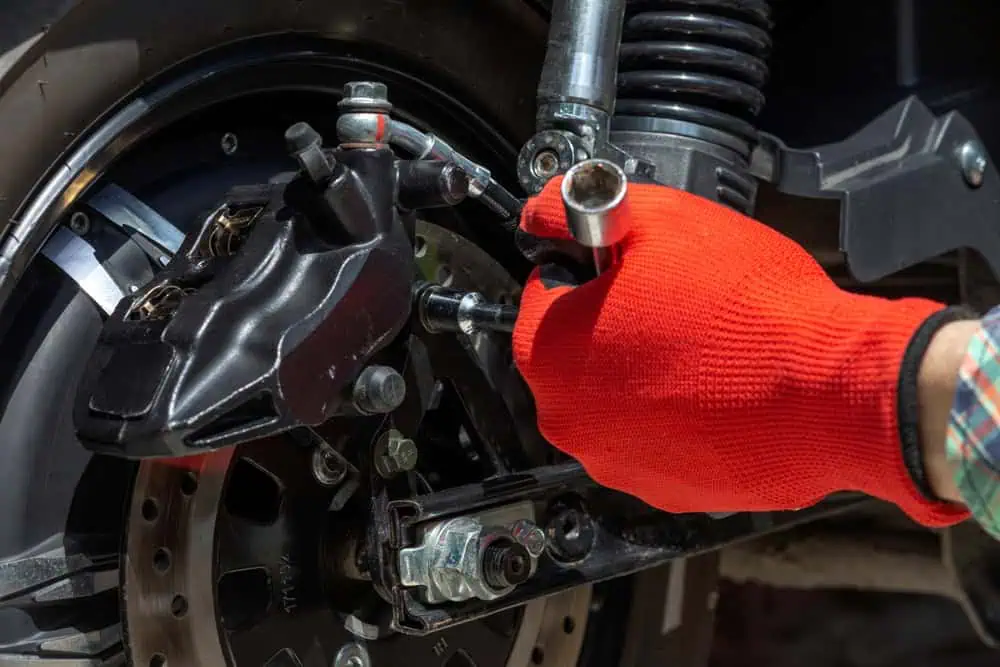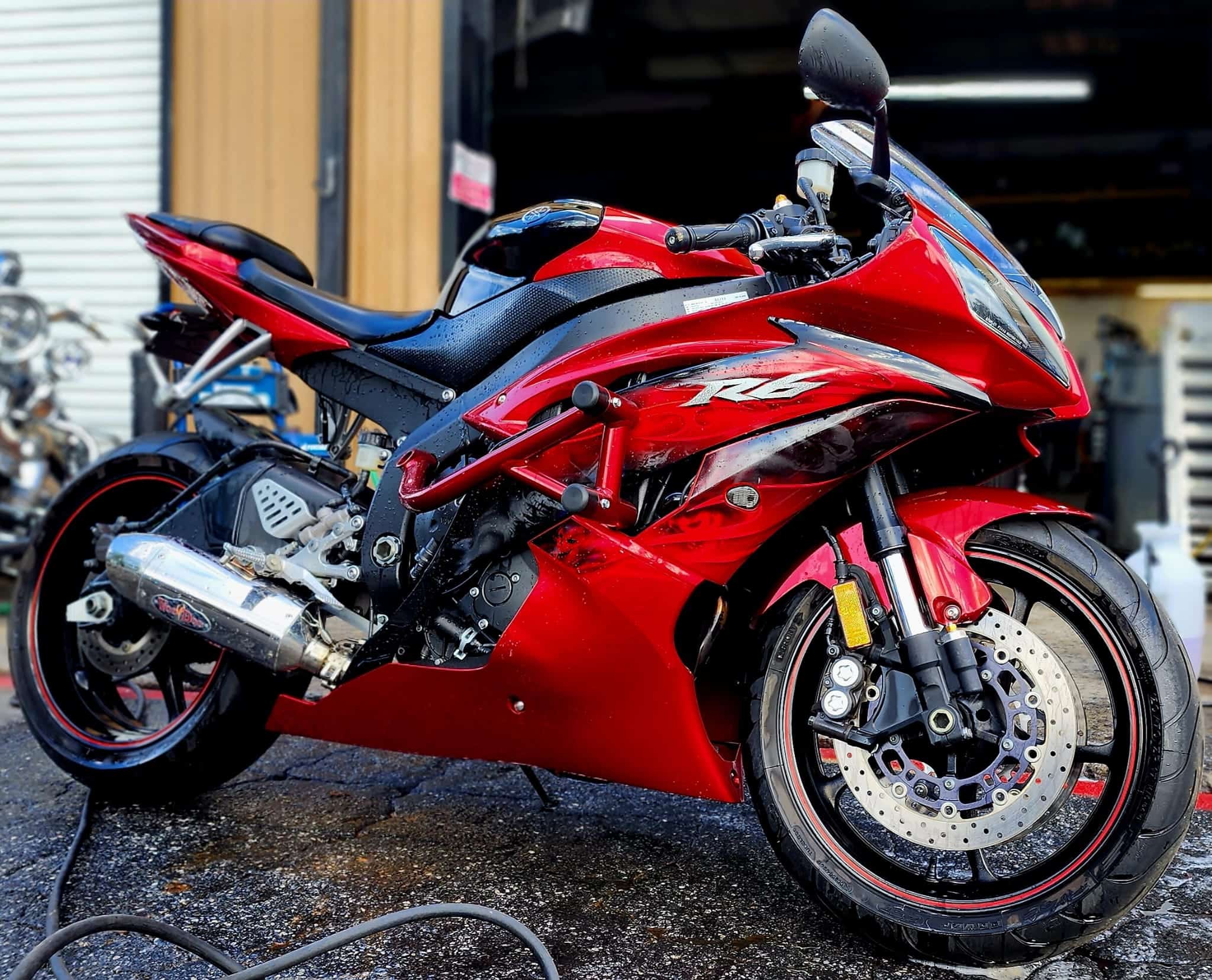Summary:

Common Engine Noises and Their Meanings
Engine sounds tell the most important story about your motorcycle’s health. A healthy engine produces consistent, rhythmic sounds that experienced riders recognize immediately. When those familiar sounds change, your engine’s alerting you to potential problems.
Ticking noises often indicate valve clearance issues or low oil levels. Knocking sounds from deep within the engine suggest serious internal problems requiring immediate attention. Gurgling sounds typically point to cooling system issues that could lead to overheating if ignored.
Engine Knocking: When to Stop Riding Immediately
Engine knocking represents one of the most serious sounds your motorcycle can make. This metallic clunking noise comes from worn internal components like big-end shells or collapsed bearings. When you hear this sound, stop riding immediately and seek professional diagnosis.
Continuing to ride with engine knock can cause catastrophic damage requiring complete engine rebuilds. The sound typically occurs during acceleration or under load, distinguishing it from other engine noises. Unlike valve ticking or minor rattles, engine knock demands immediate professional attention.
We use specialized tools to diagnose the exact cause of engine knock. The repair might involve bearing replacement, crankshaft work, or other internal engine components. Early intervention prevents complete engine failure and significantly reduces repair costs.
Never attempt to “clear” engine knock by revving harder or ignoring the sound. This approach guarantees expensive damage and potential safety hazards. Professional diagnosis determines whether the engine can be repaired or requires complete replacement.
Valve Ticking and Oil-Related Engine Sounds
Engine knocking represents one of the most serious sounds your motorcycle can make. This metallic clunking noise comes from worn internal components like big-end shells or collapsed bearings. When you hear this sound, stop riding immediately and seek professional diagnosis.
Continuing to ride with engine knock can cause catastrophic damage requiring complete engine rebuilds. The sound typically occurs during acceleration or under load, distinguishing it from other engine noises. Unlike valve ticking or minor rattles, engine knock demands immediate professional attention.
We use specialized tools to diagnose the exact cause of engine knock. The repair might involve bearing replacement, crankshaft work, or other internal engine components. Early intervention prevents complete engine failure and significantly reduces repair costs.
Never attempt to “clear” engine knock by revving harder or ignoring the sound. This approach guarantees expensive damage and potential safety hazards. Professional diagnosis determines whether the engine can be repaired or requires complete replacement.
Brake System Noises That Demand Attention
Brake noises directly impact your safety and require immediate evaluation. Grinding sounds indicate metal-on-metal contact between worn brake pads and rotors. Squealing suggests pad wear or contamination issues that affect braking performance.
Clicking or ticking during brake application might indicate loose components or debris trapped in the brake system. Hissing sounds after releasing brakes could signal piston problems preventing proper brake release. Each sound type requires different diagnostic approaches and repair strategies.
Grinding Brakes: Understanding Metal-on-Metal Contact
Grinding brake noise represents the most serious brake system sound you can hear. This occurs when brake pad material wears completely away, leaving only the metal backing plate contacting the rotor. Continuing to ride with grinding brakes damages rotors and creates dangerous stopping conditions.
The grinding sound typically becomes more pronounced during braking and may be accompanied by reduced braking effectiveness. Visual inspection often reveals scored or damaged rotors requiring replacement along with the brake pads. We assess rotor condition to determine repair versus replacement needs.
Preventing grinding brake noise requires regular brake pad inspection and replacement before complete wear occurs. Most brake pads include wear indicators that create squealing sounds when replacement becomes necessary. Ignoring these early warning sounds leads to more expensive rotor damage.
Emergency situations with grinding brakes require immediate professional attention. The motorcycle may need transportation to avoid further damage. Our brake system diagnosis ensures all components function properly before returning the bike to service.
Brake Squealing and Contamination Issues
Brake squealing occurs at high frequencies and typically indicates pad wear or contamination problems. New brake pads often squeal initially as factory coatings burn off during the break-in period. This temporary squealing usually resolves after several rides.
Persistent squealing suggests worn brake pads, contaminated surfaces, or glazed components from overheating. Oil, grease, or road debris on brake pads creates squealing sounds and reduces braking effectiveness. Professional cleaning or pad replacement resolves most squealing issues.
Glazed brake pads develop smooth, glassy surfaces from excessive heat buildup. This condition creates squealing sounds and reduces friction between pads and rotors. Aggressive riding or prolonged high-speed braking often causes glazing problems requiring professional attention.
Regular brake system maintenance prevents most squealing problems. We clean brake components, inspect pad thickness, and ensure proper alignment. We also identify contamination sources and recommend solutions to prevent recurring issues.
Professional Diagnosis Saves Money and Ensures Safety
Understanding motorcycle noises helps you make informed decisions about repairs and maintenance. Some sounds indicate immediate safety concerns requiring professional attention, while others suggest routine maintenance needs. Learning to distinguish between these categories protects both your wallet and your safety.
Professional diagnosis provides accurate identification of noise sources and appropriate repair recommendations. We use specialized tools and knowledge to pinpoint problems that might be difficult for riders to identify. Early professional intervention often prevents minor issues from becoming major expenses.
When unusual noises concern you, don’t hesitate to contact Diaz Motorcycles and Service, LLC for expert diagnosis and repair services. Professional evaluation ensures your motorcycle operates safely and reliably for years of enjoyable riding.


